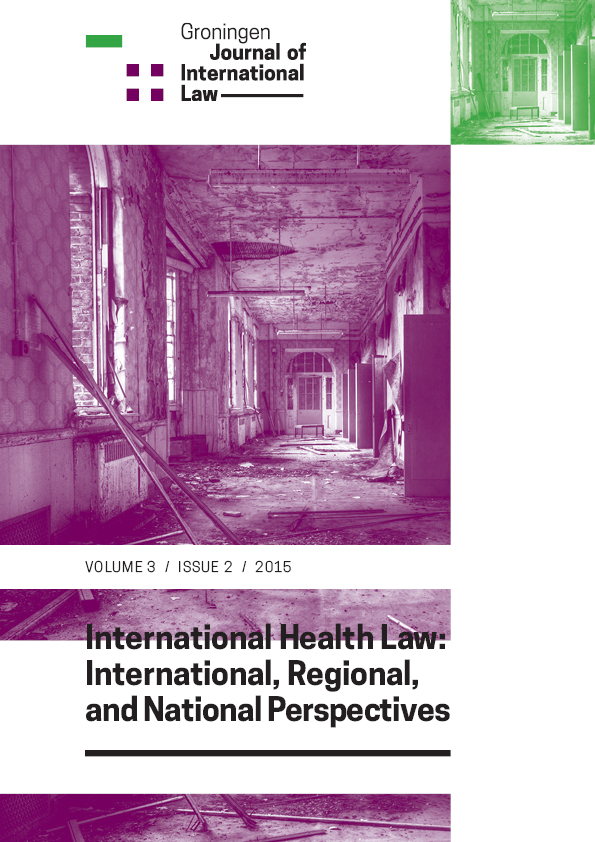Harnessing the Human Rights Reasonableness Principle for Access to Medicine
DOI:
https://doi.org/10.21827/5a86a8c6301bdKeywords:
ACCESS TO MEDICINE, PHARMACEUTICAL CORPORATIONS, REASONABLENESS PRINCIPLE, INTELLECTUAL PROPERTY, ECONOMIC, SOCIAL AND CULTURAL RIGHTS, THE RIGHT TO HEALTH, IN-TRANSIT, INTERCEPTION, SEIZURE.Abstract
The reasonableness principle has come to the fore in human rights law with the entry into force of a much anticipated Optional Protocol to the International Covenant on Economic, Social and Cultural Rights. While the Committee on Economic, Social and Cultural Rights, monitoring implementation of the treaty, has maintained a similar principle in documents such as its statements, this is the first time that the reasonableness principle has been formally enumerated in human rights treaty law. The manner in which pharmaceutical corporations exploit patents in the context of the human right entitlement to access medicine is an interesting area to examine using this principle. The application of patents to medicine is controversial and rightly challenged for creating a system of innovation that prioritises profits over people. This unconscionable system is one for which activists, scholars and commentators are correctly calling for a human rights based open system of innovation that ensures access to medicine for all in need. This article, however, explores strategies that could be used in the meantime. These strategies speak to some causes of this problem related to decisions to use intellectual property in certain contexts. For example, the seizure of generic medicine en route from India to Brazil whilst in transit in Rotterdam, the use of multiple patents through strategies known as 'evergreening', patent 'thicketing' or 'clustering' to thwart the entry of generic medicine, or restrictions on voluntary licences such as geographic restrictions that prevent supply of medicine to certain territories. At the same time, it is worthwhile noting that the Agreement on Trade-Related Aspects of Intellectual Property contains provisions which could work with the reasonableness principle. Thus, this article argues, in addition to other principles advanced in the human rights community in this area, it is also possible to apply a reasonableness principle to the use of intellectual property in the area of medicine. It does so by using seizure of in-transit generic medicine as a case study with which to extrapolate the potential application of the reasonableness principle. This paper sets out an introduction, explains the practice of intercepting or seizing generic medicine in-transit, discusses the reasonableness principle and explores the reasonableness principle as a mechanism to hold pharmaceutical corporations to account in order to promote, rather than hinder access to medicine.Published
Issue
Section
Open Access Creative Commons


